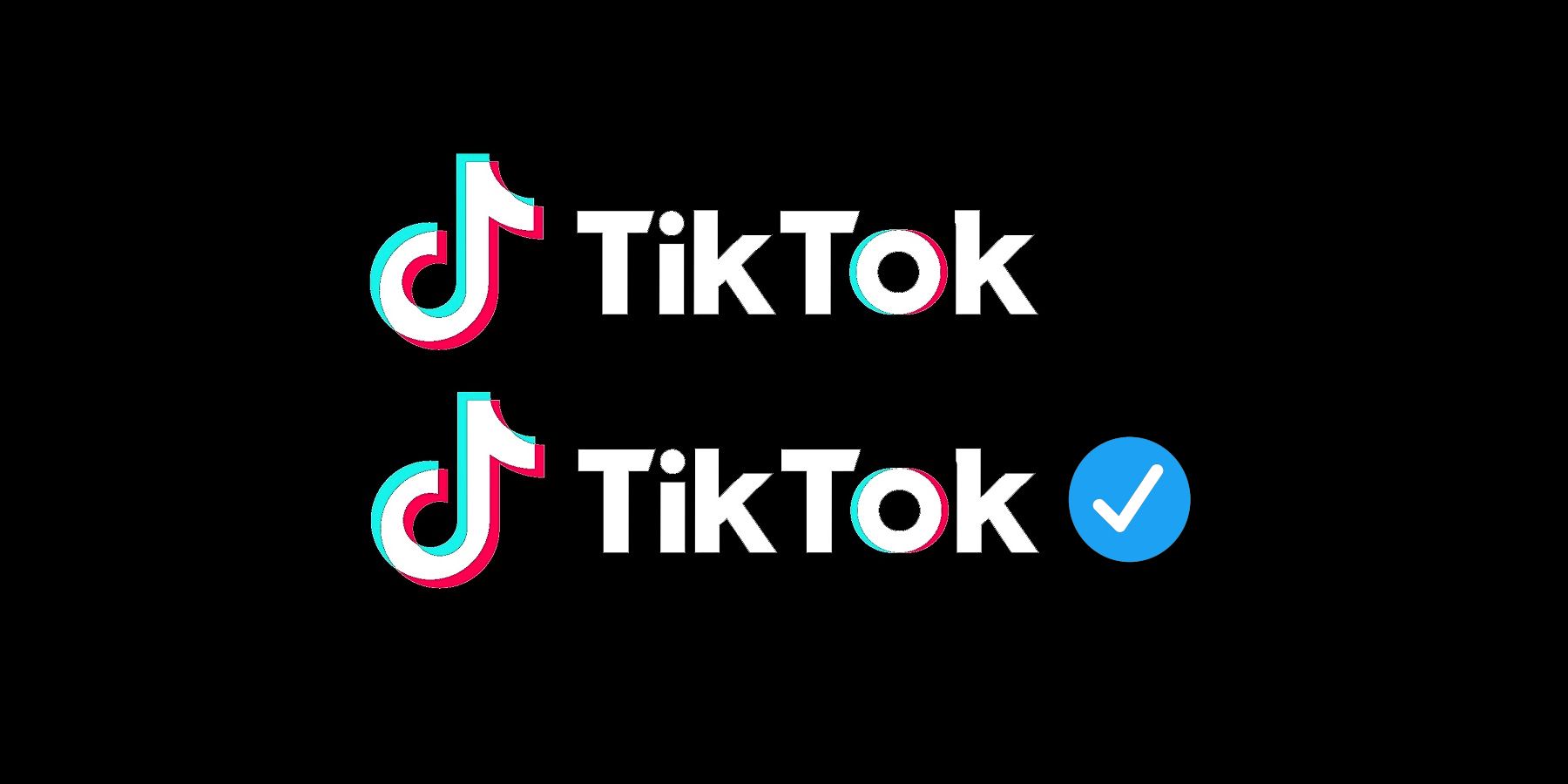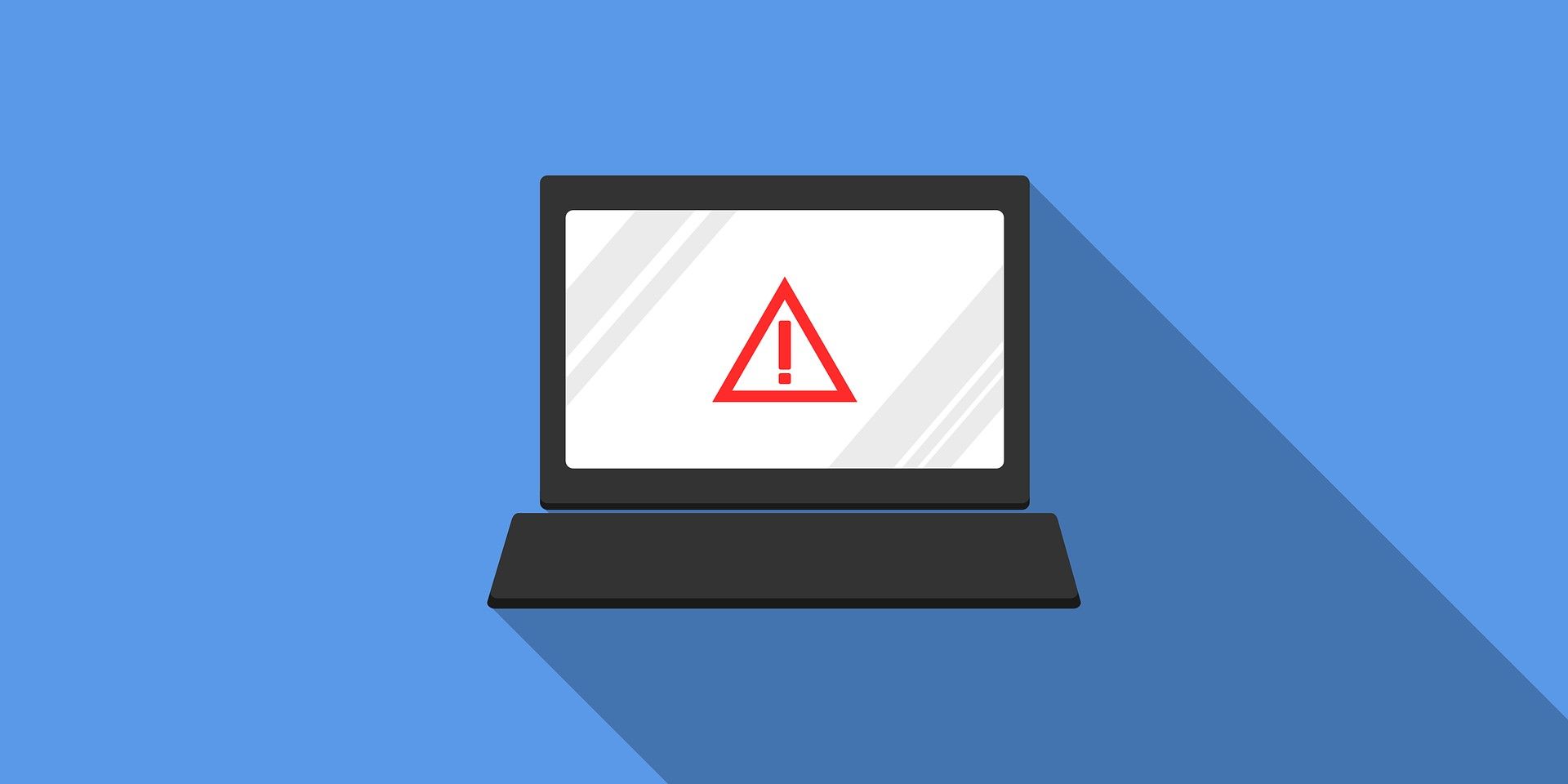TikTok has a problem with fake celebrity accounts and it remains to be seen if the problem will be fixed anytime soon. While there are plenty of social media platforms now available, TikTok is one of the newest and fastest growing. However, its lack of mature protections make it easy pickings for impersonators.
TikTok has quickly risen the social media ranks and is proving to be extremely popular with younger users due to its bite-sized and often comedic videos. In spite of its rise, the service's security has come under increased scrutiny lately by many. For example, a class action lawsuit was recently filed against TikTok with the accusation that it is sending private user data to China without the user’s knowledge or consent. Concerns like this might be one of the reasons why so many prominent people, including politicians, have opted to forgo a TikTok account altogether. A decision which has left the door wide open for impersonators to step through.
A recent Bloomberg report details how the service is becoming overrun with fake politician accounts claiming to be genuine. To highlight the extent of the problem, accounts have been found for Donald Trump, Bernie Sanders, the UK’s Boris Johnson, and India’s Narendra Modi. All of the accounts show no indication that they are parody or fan accounts - which has raised the issue of them leading many to assume they are official accounts. Following the reports, some of the accounts have been removed and TikTok has since updated its community guidelines to include rules on impersonation. One of those specifically now states how the service does not allow accounts to post as “another person or organization by using someone else's name, biographical details, or profile picture in a misleading manner.”
TikTok Needs A Blue Check Mark
One of the reasons this issue has surfaced on TikTok is its lack of protections compared to other social media sites. Most other sites include measures that help to inform users that an account is genuine. The most obvious being the blue check mark or “verified” system used by Twitter and Instagram. These small icons make it clear to anyone visiting a page that the page has gone through a more rigorous vetting process and has been deemed to be an official account. In contrast, TikTok employs no specific measures or systems to identify one account as more official than another.
To some this might not seem like a serious issue, but it has the potential to be very serious if combined with other technologies. This week, Facebook announced it was actively cracking down on manipulated and misleading videos including deep fakes. The argument being these artificially created videos are potentially dangerous due to how they can make it seem like someone has said or done something they haven't. If a service like TikTok has no real way to identify a real account, and many assume that account to be authentic, then posting videos using deepfake technology on these accounts runs the risk of greatly increasing the spread of misinformation. Something that many of TikTok’s main competitors are actively trying harder to combat.
Source: Bloomberg


